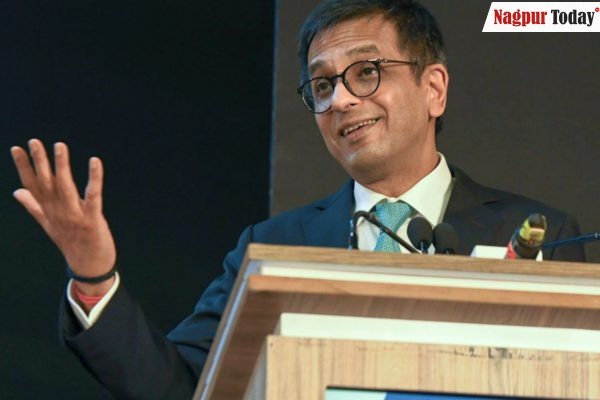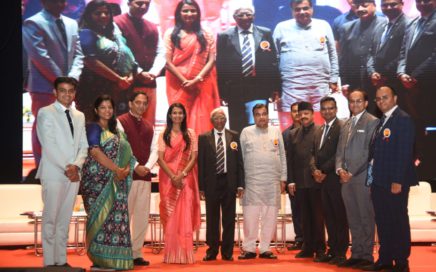
Espousing the importance of implementing Constitutional Morality’ in Indian jurisprudence, Chief Justice of India D Y Chandrachud on Saturday insisted on the commitment of courts to ensure diversity, inclusion and tolerance.
Speaking at the inaugural session of the two-day East Zone II Regional Conference of the National Judicial Academy, the CJI also focused on the importance of technological advancements in the justice delivery system.
CJI Chandrachud elaborated on the notion of ‘Constitutional Morality’ as a restraining factor on the state that should derive from the Preambluar values of the Constitution.
Underlining the country’s federal structure that’s “marked by a great deal of diversity”, the CJI focused on the role of judges in “preserving the diversity of India”.
“I am reticent when people call courts a temple of justice. Because that would mean the judges are deities which they are not. They are instead servers of the people, who deliver justice with compassion and empathy,” CJI Chandrachud said at the conference titled ‘Contemporary Judicial Developments and Strengthening Justice Through Law and Technology’.
Calling judges “servants and not masters of the Constitution”, the CJI warned the judiciary of the pitfalls of personal values and belief systems of judges interfering with judgments that are opposed to values enshrined in the Constitution.
“We could be masters of Constitutional interpretation, but a just society is established with the court’s vision of Constitutional Morality,” he said.
While speaking on the need for technological assistance in ensuring the effective delivery of justice to citizens, the CJI said, “The idea is to not modernise for the sake of modernisation. It is a step to aid something else we want to achieve.”
CJI Chandrachud spoke of AI-assisted software aiding the work-in-progress to translate the 37,000-odd Supreme Court judgments delivered since Independence from English into all Constitution-recognised regional languages.














